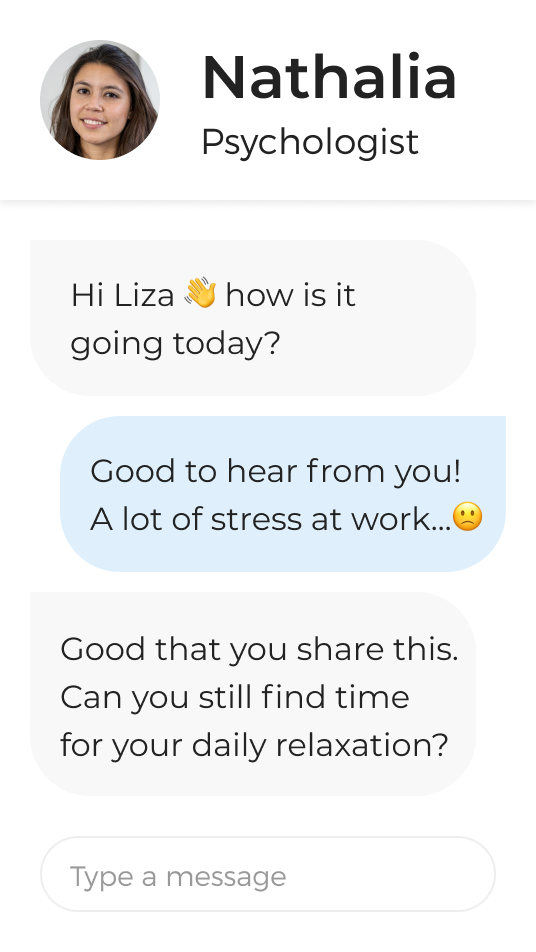Coping With Palestine and Israel

Tips to cope with your worries and emotions
1. Take care of yourself
It may seem counterintuitive to focus on yourself when you are preoccupied with worry about other people. But you can only be there for others when you yourself are stable, so taking good care of your body and mind is essential.
Do you feel really overwhelmed or find it hard to focus on self-care? Then at least pay attention to the basics. Try to eat regularly and healthily, at set times – even when you are less hungry. And stick to a routine as much as possible. It’s okay if that’s not your old routine, but when facing catastrophe, keeping some small things from your routine can help you find a sense of normalcy – which might make you feel calmer.
A lot of thoughts going through your mind? 💆
Try this breathing exercise for anxiety (10 min)
Try to find time to move your body and for moments of rest too. Especially if you’re having trouble because of everything going on, it’s important to make time for things that cheer you up and relax you. Watch a nice series, tune into your favourite podcast, listen to music, or read a book.
2. Seek support from others
Share your concerns with friends, family or a community. You don’t have to process your emotions alone. Seek the support of friends, family or a local community if available to you. In short: talk to people – whether in physical presence, over the phone, or via a video call.
Even if you can’t talk about how you’re feeling, just being around other people can make you feel a little better.
3. Limit your news intake
Does the news trigger you emotionally? If so, try to keep the amount of news you read to a minimum. Understandably, you want to know what’s going on, but limit the number of times you check the news to once or twice a day.
Choose one reliable news source, such as a newspaper or website, and stick to this. It might also help to turn off push notifications.
4. Feel your feelings
While the situation continues in Israel and Palestine, many conversations will revolve around the situation itself. Rather than suppressing your concerns and feelings, create a space for yourself to process them.
Allocating some personal time can be immensely helpful, as can confiding in others about your emotional state. Encourage those around you to open up by simply asking, “How are you feeling?” Initiating discussions regarding the situation may alleviate some of your anxieties and reveal shared feelings, fostering mutual support.
If you find yourself overwhelmed by intense emotions, such as fearing for the safety of a loved one, give yourself permission to express those feelings physically – this could be through crying, exercising, or any other method that helps you release emotions.
If your typical coping mechanisms involve activities like taking walks, working out, cooking, or confiding in a loved one, embrace them wholeheartedly. It might initially feel awkward, but granting yourself these breaks can contribute significantly to your well-being.
5. Talk to a professional
Know that it’s normal to feel a roller coaster of emotions. Or to not be sure exactly what you’re feeling. Remember that whatever you’re feeling, emotions are not linear, so give yourself time.
Would you like to gain further support? Or are you looking for guidance to express, understand, and control your emotions? We encourage you to talk to a psychologist.






